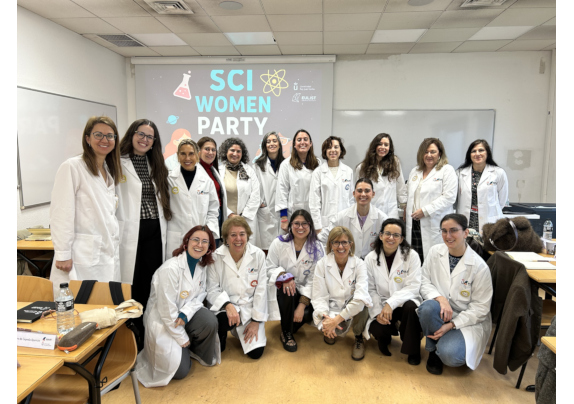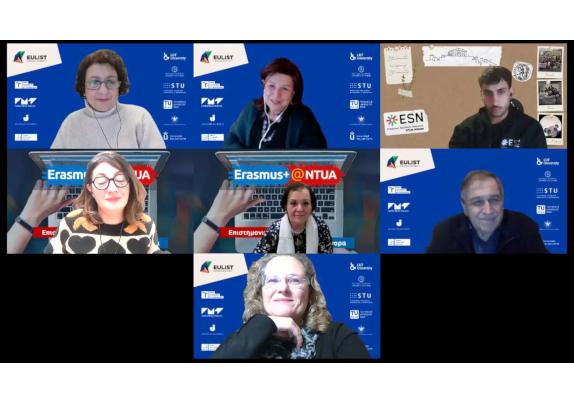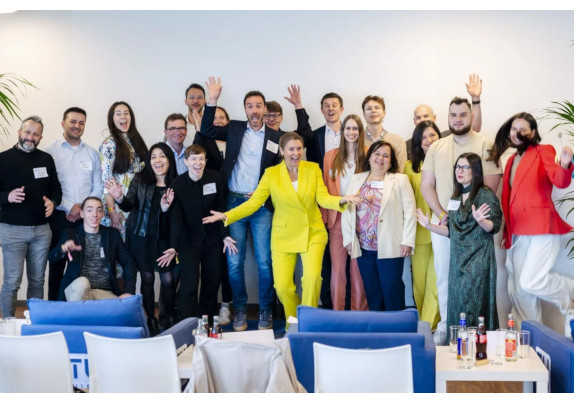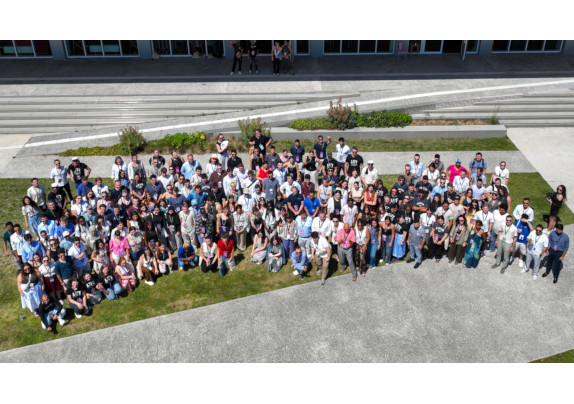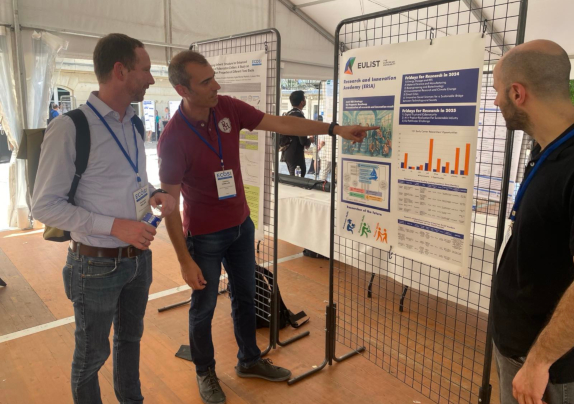Representatives from EULiST in NAFSA
Representatives from JU, LUH, IMT, STU and URJC, all partners of the EULiST University Alliance, met at the Annual Conference & Expo at NAFSA, held in Washington between 30 May and 2 June 2023.
NAFSA is the world’s largest non-profit association dedicated to international education and exchange. NAFSA serves the needs of more than 10,000 members and international educators worldwide at more than 3,500 institutions, in more than 160 countries.
At the conference forum, EULiST representatives had the opportunity to discuss the major challenges facing EULiST, such as student mobility, new forms of education, and in general all that is involved in working to advance policies and practices that build global citizens with the knowledge and skills they need to succeed in today’s interconnected world. One of the major challenges for EULiST is promoting and facilitating student mobility within the European Union and beyond. This involves addressing issues such as administrative barriers, recognition of qualifications, language barriers, cultural integration, and financial support for students. By streamlining processes, providing adequate support systems, and fostering collaboration among educational institutions, EULiST can enhance student mobility and promote a more inclusive and diverse learning experience.
On the other hand, the advancement of technology has led to the emergence of new forms of education, such as online learning, blended learning, and competency-based education. EULiST needs to address the challenges associated with incorporating these innovative approaches into traditional education systems. This includes ensuring access to quality digital infrastructure, supporting teachers in adapting to new pedagogical methods, addressing concerns about the digital divide, and ensuring the quality and recognition of online learning experiences.
Finally, in today’s interconnected world, it is essential to equip students with the knowledge and skills they need to become global citizens. EULiST should focus on fostering global competence, intercultural understanding, and the development of critical thinking, empathy, and problem-solving skills. This involves integrating global perspectives into the curriculum, providing opportunities for international collaboration and exchanges, and promoting cultural diversity and inclusion within educational institutions.


